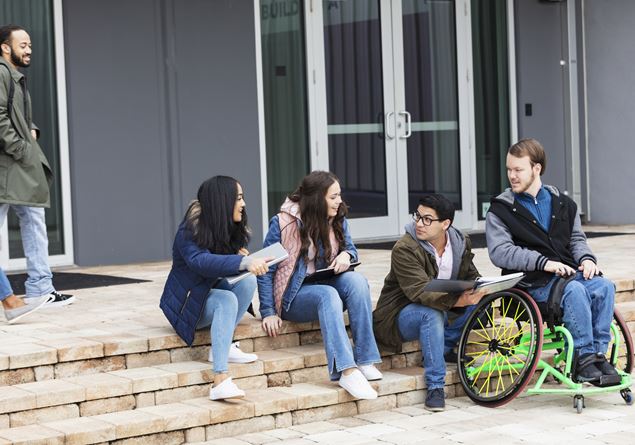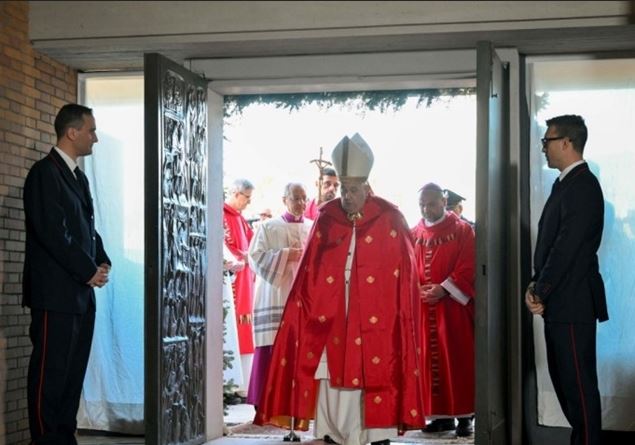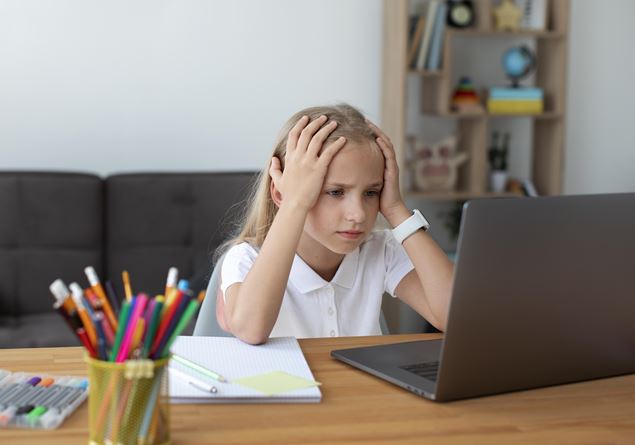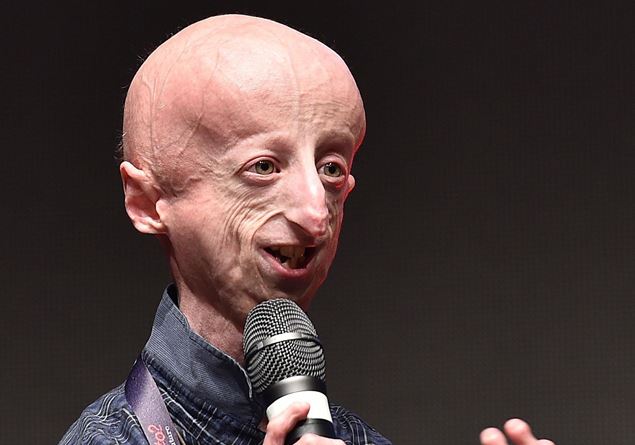
How inclusive do children consider school towards their peers with disabilities? What improvements do you suggest? These are some of the questions the document tries to answer School and inclusion: I have my saymade available today on the website of the Authority for Children and Adolescents in view of the International Day of Persons with Disabilities on 3 December. The report is the result of a public consultation – hosted on the website of the Guarantor Authority iopartecipo.garanteassociazione.org and also promoted by skuola.net between last April and May – in which over six thousand children aged between 14 and 19 took part. The greatest participation was recorded by 14-year-olds (29.7%) and girls (66.4%). The questionnaire was drawn up with the collaboration of the Agia Girls’ and Boys’ Council.
«One of the aspects that strikes me most when reading the results of the consultation – comments the Guarantor Authority Carla Garlatti – is that of the discrepancy in perception that children have of their own behavior as individuals and as part of the group they belong to. If over 70%, in fact, declare that they are individually “fairly or very welcoming” towards classmates with disabilities, when the inclusive nature of the group is taken into consideration, 58% find their class not very inclusive. This aspect makes it more necessary than ever to strengthen in children the sense of belonging to a community and the sense of individual responsibility within the group».
Another question was about “How I feel and behave at school“. Four out of ten students (46.2%) feel anxious when they enter school and only two (20.4%) feel calm, enthusiastic or motivated. In case of need only 44.8% ask for help. If, on the one hand, 74.3% declare that they have felt excluded at school, only 43.5% admit to having excluded someone.
43.5% then witnessed or became aware of bullying episodes against students with disabilities and 36.5% said they didn’t know how to behave or who to turn to. 22% think that the partner with a disability disturbs the normal course of the lessons, on the contrary 46.5% believe that it has no influence, while 10.4% are convinced that their presence supports the lessons. 21% chose not to express themselves because “they have never had students with disabilities in class”.
Six out of ten of the participants in the consultation have never asked teachers how to behave with a classmate with a disability. To the question “Did the teachers ever give you instructions on how to behave?” 38.2% say they have received them, while 33.4% say they have not received them. With respect to the preparation of support teachers, half (50.5%) think that there are few trained ones.
The majority of children (53.8%) find school buildings quite adequate for the needs of people with physical disabilities, while only 26.8% consider them adequate for those with mental disabilities and 16.2% for those with difficulties sensorial. 58% find their class not very inclusive, while at an individual level 55% say they are “fairly welcoming” and 21.4% “very welcoming”. Finally, six out of ten (62.1%) are convinced that there are moments that tend to exclude pupils with disabilities.
It emerges from the consultation that, according to the children, to be more inclusive the school would need some interventions. Over half (52.9%) believe it is necessary to invest in teacher training, while 11.9% believe it is necessary to increase the number of support teachers. Also important for students are awareness campaigns and moments of discussion (25%), investments in school psychologists (26.5%) and in school buildings (30.4%).
Furthermore, the majority of children (57.8%) declared that they did not hang out with peers with disabilities and only 12% frequent them often. Six out of ten students (60.6%) have come into contact with children with disabilities outside of the school context. In particular: in summer camps 32.6%; in the family context 23.2%; in parish groups 21.5%; in sports associations 18.3%; in voluntary associations 11.9%; in scout groups 7.3% and in music courses 4.9%. For over half of the participants in the consultation (57.8%) there are more inclusive contexts than schools: sports associations (28.7%), voluntary associations (23%), oratories (20.9%) and cultural associations (18.4%).
Furthermore, 36% believe that once their school career has been completed, their peers with disabilities, if adequately supported, will continue a training course but with fewer opportunities than others, 20.4% think they will continue their training exactly like the others and the 21.8% say they may run the risk of isolating at home without other opportunities.









